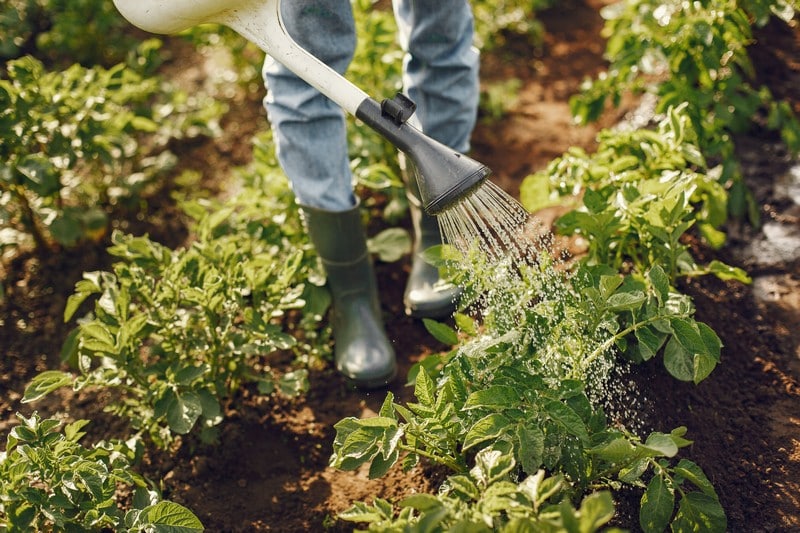Beautifies and Nourishes the Garden

Using Epsom salt in the garden has been around for many centuries. It’s not a secret that putting Epsom salt on plants is beneficial as it is proven to help improve a flowering plant’s blooming potential and further enhance the green color of various plant species. In some cases, Epsom salt can also help shrubs grow thicker over time.
Epsom salt consists of hydrated magnesium sulfate, which is crucial in the healthy growth and development of plants. This compound aids in the production of chlorophyll, a vital component of photosynthesis. In addition, magnesium sulfate also boosts the ability of plants to bear flowers and fruits.
Epsom salt can also be added to the soil. When the soil becomes depleted of magnesium, adding Epsom salt is 100 percent safe to ensure that garden plants are thoroughly nourished. Watering plants with Epsom salt is ideal at least once or twice a month.
Before applying Epsom salt in the garden, it is recommended to test the soil to determine whether it is deficient in magnesium. Plants such as roses, peppers, and tomatoes will require high magnesium levels, while beans and leafy vegetables can thrive in soil with low magnesium levels.










